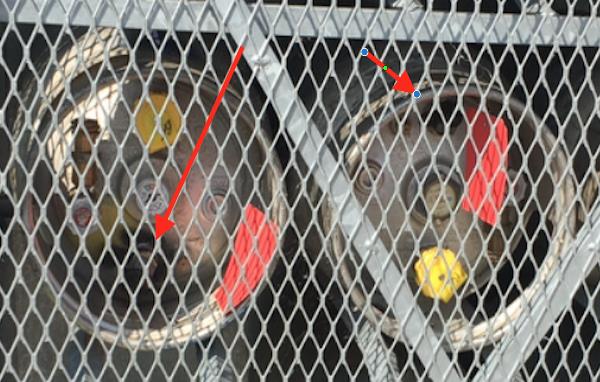As summer approaches and the use of BBQ grills increases, we need to be mindful of the dangers propane can introduce when not properly filled, transported, and stored. This article is an overview of propane filling, transportation and storage and in-depth training should be conducted for all three topics.
The greatest hazard of propane during the summer months is if liquid propane is vented into the atmosphere, it will vaporize into gas and expand to 270 times the volume. Propane gas is colorless, heavier than air and will pool in low places; if a source of ignition comes into contact with the propane gas (e.g., spark, cigarette butt, static electricity) it would ignite.
The most common cause for propane cylinder venting is from overfilled cylinders. The tank farm and fill assembly should be inspected daily or before use. Propane cylinders should be visually inspected prior to filling. If using a manual scale, the fill weight must be properly calculated; the fill assembly should be included in the final gross weight (cylinder tare weight + fill assembly + net product weight = final weight).
Propane cylinders should be transported secured, in open vehicles, NEVER in automobile trucks. GAWDA has safety posters for consumer transporting compressed cylinders available on the website/shop GAWDA products/safety poster.
Cylinders should be stored in dry areas, away from sources of ignition/heat and combustibles.
Cylinders must be stored with the safety relief device in contact with the gas vapor space, never in the liquid phase area…and NEVER upside down! CGA has published S-8 “Guideline for the Safe Handling of Liquefied Petroleum Gas Cylinders.”

Cylinder on the left = PRD in liquid phase space.
Cylinder on right= PRD in vapor phase space.
Training
OSHA requires employees to be trained in the jobs they perform. This is a good time to review your operating procedures (SOP) with your fillers to see if the procedures should be updated or the filler needs refresher training. If your company does not have pre-fill, fill and storage procedures, this is a good time to create them.
DOT requires employees filling cylinders to be trained, tested, and certified every 3 years. This falls under the “Function Specific” training requirements in 172.704.
Training may be found:
- Propane and Education Research Council
- Propane training services, inc.
- CETP
- Your bulk propane supplier
If you have any questions on Propane safety or any other OSHA, EPA, DHS issue, please contact me.






